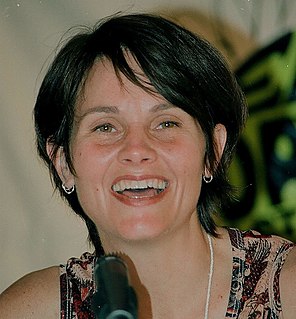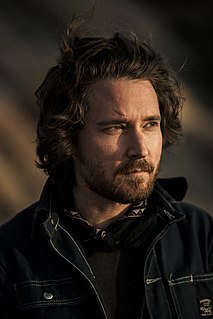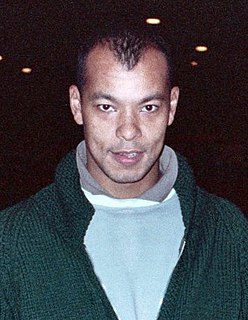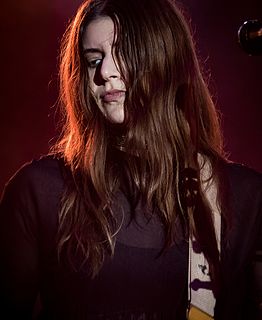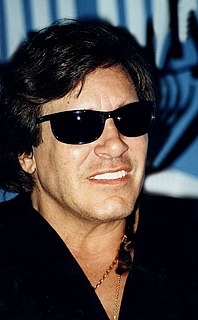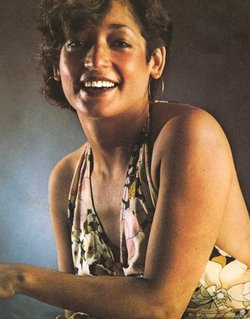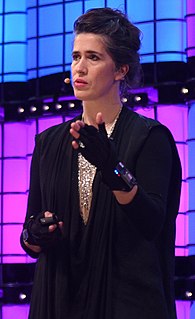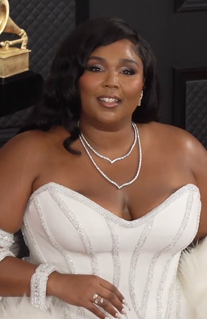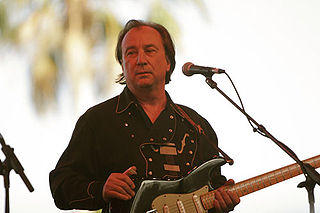A Quote by Shawn Colvin
I'm a touring musician. I don't watch the charts. I had the kind of success I'd hoped for. I won Grammys for a folk record, and that was magic.
Related Quotes
I think there's a difference between the type of folk music that people put into the box of "folk music" and then there's the kind of folk music that I aspire to and am in awe of, and that is the kind of folk music where it's very limited tools - in most cases a guitar, in a self-taught style that is idiosyncratic and particular to that musician.
I watched for her hair to curl, the telltale Caster breeze. It didn't move. This wasn't Caster magic she was working. It was another kind altogether. She couldn't charm her way out from under Macon's watch. She would have to resort to older magic, stronger magic, the kind that had worked best on Macon from the time she first moved to Ravenwood. Plain old love.
So if you can make it through, you know you've got something good, you can handle anything. We've been blessed to grow but at the same time, the hard part is having to wear every single hat. It's exhausting, but it's entirely worth it because on the flip side, the best part about being a touring musician is being a touring musician.
